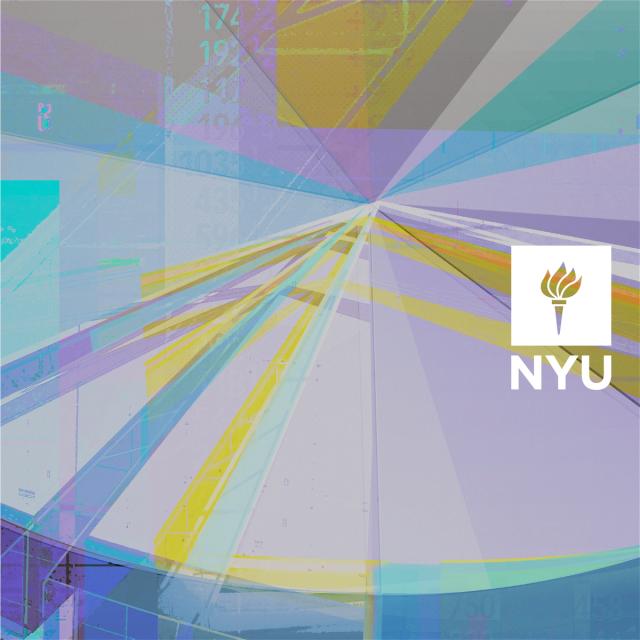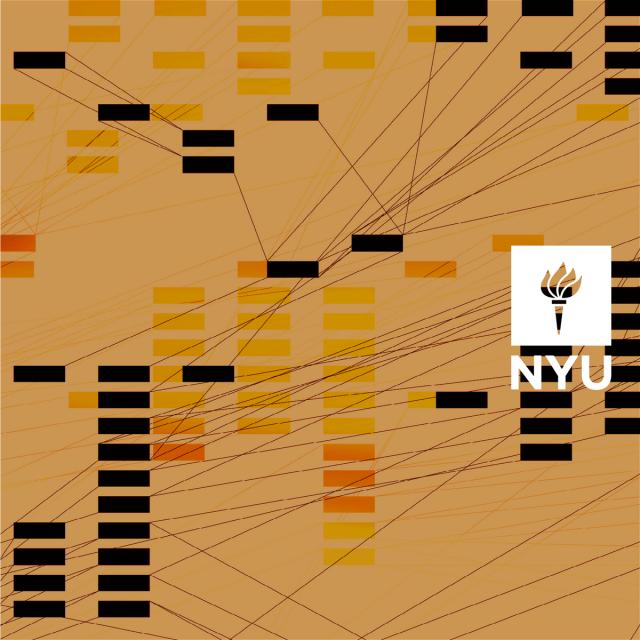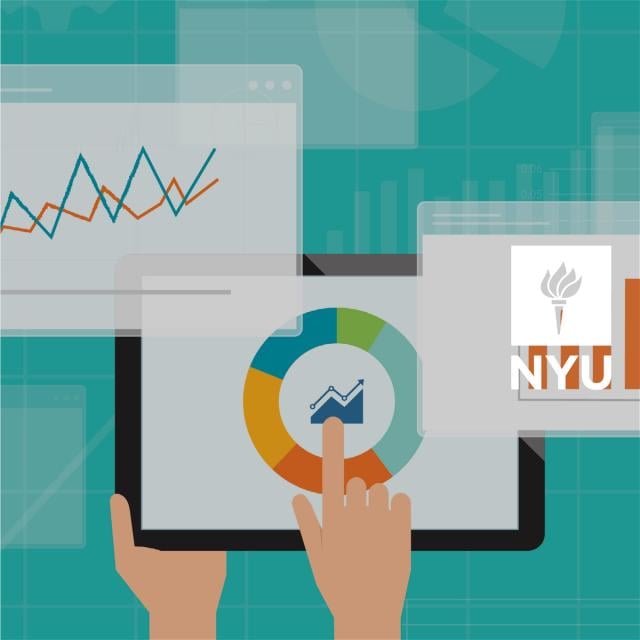Information Visualization: Programming with D3.js (Coursera)
Categories
Effort
Languages
In this course you will learn how to use D3.js to create powerful visualizations for web. Learning D3.js will enable you to create many different types of visualization and to visualize many different data types. It will give you the freedom to create something as simple as a bar [...]
May 13th 2024




